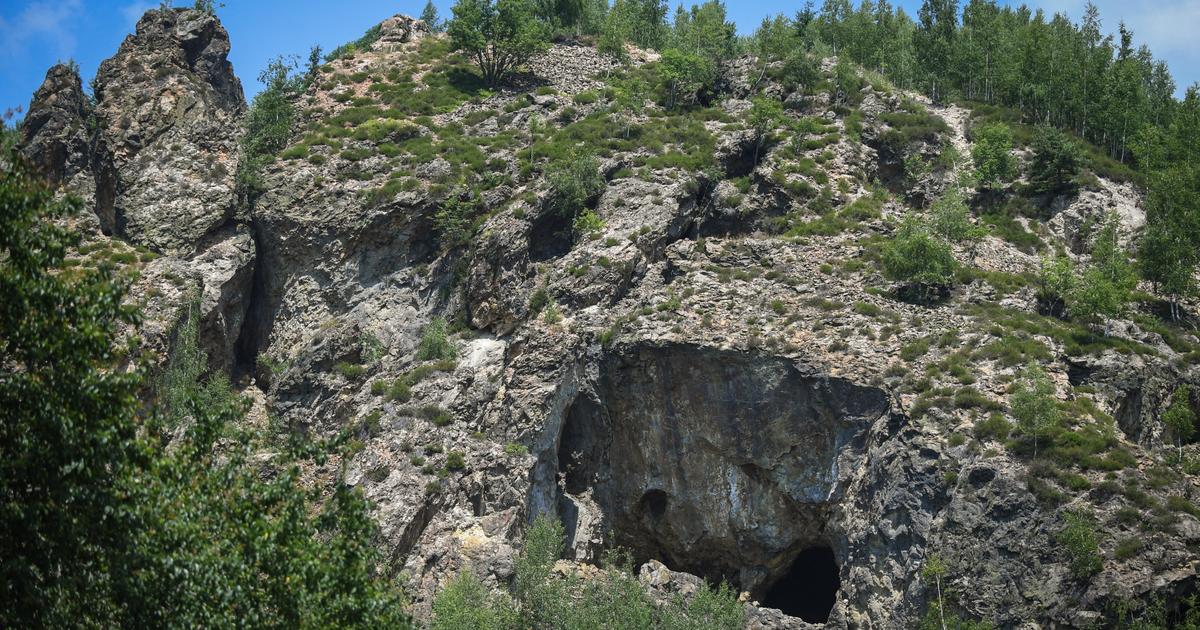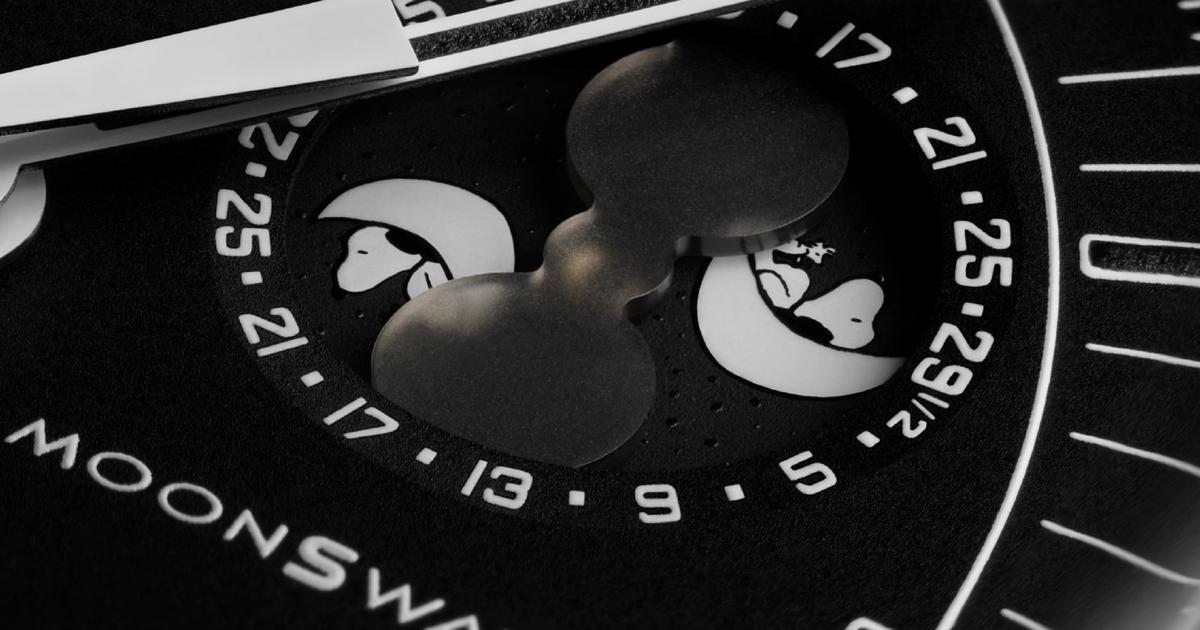Digital marketer Mirko Ceselkoski, who sparked a wave of fake news from his country in the 2016 US elections.
"Since I was making a lot of money, relatives and friends asked me to explain how to do it," says Mirko Ceselkoski, a Macedonian digital marketing expert who has spent 22 years making a living on the web.
His story would be unremarkable if it weren't for the fact that some boys from Veles, a city of 45,000 inhabitants located in the center of their country, crossed their path.
Thanks to his activity on Facebook in the 2016 elections, Ceselkoski today claims to be "the man who accidentally helped choose Donald Trump."
His story actually serves to understand how the Internet works on the inside.
Ceselkoski has been giving courses on how to create successful Facebook pages since 2011.
He gave one at a community center in Veles and a handful of young people later signed up for his online module.
The way to earn money was simple: get traffic by creating pages on Facebook with viral themes to take it to your own websites and monetize it thanks to ads managed by Google.
The idea is not elaborate, but you had to know how to execute it.
This is what many media have been trying to do for more than a decade.
Ceselkoski's slight sophistication is the cynicism of his method.
“Now I would say, with perspective, that it was a crude way to make money.
Everything is based on emotion.
The basis of the business was to get as many visitors as possible ”, Ceselkoski explains by videoconference to EL PAÍS from Skopje, where he lives, days after giving a lecture at the EU Disinfo Lab conference on disinformation. invention, it was not a problem.
Those Facebook pages made to get money for traffic can be anything attractive: “We always thought about what topics could interest audiences in the US, which is where there is more money.
They must be popular things: celebrities, cars, health ”.
But in Veles they found a sector that not even Ceselkoski himself had detected: politics can be very emotional.
People are willing to believe anything that comforts them.
That was discovered by those young Macedonians, whose sole purpose was to earn money, without ethical concerns and who had Ceselkoski's technical tools at hand.
Any headline was worth it if it attracted traffic.
"It was about making money with ads, it was just about getting traffic to a website from networks," explains Ceselkoski.
“So they accidentally tried American politics.
And it was a gold mine ”.
The Veles phenomenon is one of the peaks of the link between social networks,
fake news
and Donald Trump that now emerges again before the next elections.
In August 2016 the
Guardian
revealed that at least 150 Veles-registered sites used Facebook to promote visits and earn money from ads.
"How Facebook Powers Money-Making Machines for Dark Political 'News' Websites," it headlined.
The focus then was not yet on
fake news:
in August 2016, 10 weeks before the elections, the Republican candidate was losing.
The article hardly had an impact.
But the elections arrived, Trump won and the controversy broke out: had
some Macedonian teenagers
helped with
fake news
to win Trump?
An investigation revealed that the 20 best-performing fake news stories on Facebook three months before the election surpassed the 20 stories with the most traditional media interactions.
The most shocking were Pope Francis' false support for Trump, Hillary Clinton's non-existent arms sales to the Islamic State, and hype about Hillary's famous emails.
"Only 15%"
Nobody knows with certainty the real weight that these pieces had, but those elections changed the future of social networks.
“Now it is impossible to grow pages on American politics from Macedonia.
Many have lost their pages, ”says Ceselkoski.
Most of those kids didn't even speak English and plagiarized the content or, the most successful, outsourced it to American students.
“The fake news was only 15%.
The rest were taken from other media.
On other topics, you don't need to write anything false to make them go viral.
You only need smart tools and think what interests people, think about their problems ”, he adds.
Networks have learned that lesson.
These operations from abroad are now much more complex.
The creators of fake pages must hide their origin and their work.
That does not mean that the strategy is no longer valid.
Facebook canceled a week ago several pages made from Albania to get traffic to political websites to the days of its creation.
But others have succeeded:
Politico
revealed a few days ago that two Facebook pages for and against President Trump made in Spanish from the US generated more traffic than many regional newspapers.
The
fake news business
is too good to let go.
Then there are those who want to use it to directly influence an election.
Human ingenuity is persistent.
Ceselkoski tells the story of a woman who inspired him.
A story was made up about the supposed hidden meaning of the colors in toothpaste tubes.
People flocked to understand this alleged conspiracy.
The visits led him to earn more than 25,000 euros.
Everything was strictly false.
"He made it all up from home," says Ceselkoski.
These very emotional stories, with a good headline and little elaboration, continue to dominate the most seen everywhere.
But networks also do their job better for serious cases.
In addition to ensuring that fewer actors take advantage of the naivety and naivety of American voters.
Not just in politics.
A few days ago, Facebook closed several networks that used this strategy to generate traffic.
There was one based precisely in Macedonia on news of nature: Facebook suppressed 15 pages that brought traffic to 850 websites.
"Maybe it was one of my former students, I don't know," says Ceselkoski.
In 2018 an investigation pointed to possible political ties between Macedonia and the Trump campaign and even with Russia.
The most observable relationship was that of a Macedonian lawyer, Trajche Arsov, who created the first political website in 2015. With his brother, they allegedly hit the gold mine first.
During the summer of 2016 they contacted two young people who were doing the same from California.
One of them was later a Republican candidate in a local election in the state of Nevada.
Ceselkoski says he does not know Arsov, but does not rule out that he collaborated with his Veles students: "Maybe he worked with some of my students but I don't know him personally."
Even academic research
Ceselkoski's role as a mentor to the youth of Veles has been contrasted by academics from the University of Haifa (Israel) in a recent article.
An investigator, Heather C. Hughes, traveled to Veles to verify Ceselkoski's role.
There he was able to see first-hand the connection with Ceselkoski: “The locals were referring to his course.
In addition, looking at the Facebook page of 13 creators of
fake news
that we identified, they all had one thing in common: Ceselkoski as a friend, ”explains Professor Israel Sergio Waismel-Manor, co-author of the research, by telephone from Israel.
The researchers spoke with two women who aspired to take the course or have their children do it.
“We calculated that someone who was not very successful could make 1,600 euros a month," says Waismel-Manor. "Ceselkoski insists that a handful became a millionaire.
We do not know.
But they did make a lot of money compared to the townspeople.
It's a significant money stream for the city, ”says Waismel-Manor.
This activity works much better in less developed countries because the contrast with the average salary is huge.
Ceselkoski's course includes all kinds of details about common online tools such as Buzzsumo to see what is trending and copy them, how to adjust the photos and where to find them or how to write the texts of the posts on Facebook or Instagram.
Ceselkoski gladly carries his fame.
He has even become a Trump supporter.
Although, for the moment, he says they have not proposed to him that a street in Veles be named after him.
"Maybe Trump's," he jokes.
He has also continued to work with clients who wanted to increase their traffic, but outside of politics: Hollywood studios or celebrity musicians.
But now, he says, he has moved on to another business: direct selling via the web.
He already has a new course done and he has been practicing for years, especially with cosmetics.
It is more complex than generating traffic with Facebook, but it is also more lucrative.
It is also nothing new.
The strategy is called
doorshipping
and consists of obtaining purchases for products sold by others - especially in China - and automating orders so that they are sent directly from the place of manufacture, whether they are T-shirts, balls or screwdrivers.
Perhaps in a few years other young Macedonians find another grail with direct selling.
You can follow EL PAÍS TECNOLOGÍA RETINA on Facebook, Twitter, Instagram or subscribe here to our Newsletter.

/cloudfront-eu-central-1.images.arcpublishing.com/prisa/KACBY4MQT5E23LKFPIZ5DEE2MA.jpg)





/cloudfront-eu-central-1.images.arcpublishing.com/prisa/2HVIHS6K4BEW5MTDA3LWPNXAQU.jpg)

